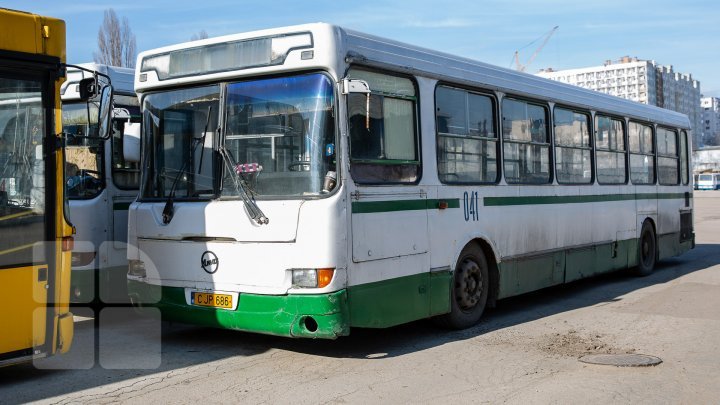Tariff raise solely will not improve transport system. It's in dire need of reform: IDIS Viitorul economist
 foto: publika.md
foto: publika.md
Tariff raise only places onerous burden on travelers with higher tariffs caused by the economic rationale and the inefficient system, writes IDIS Viitorul economist Veaceslav Ioniţă on his blog.
According to him, there are three main problems facing the public transport system.
1. Increased costs
The current costs of the carriers have increased significantly since the last tariff raise in 2014.
The average wage per economy increased by 80% from 4090 lei in 2014 to 7400 lei in 2019. Therefore, the carriers have to raise the salaries but it means big staff fluctuation, over-time work and traffic insecurity.
2. Crumbled market
Nearly 450 companies are currently active, serving over 7000 routes: 4000 district routes and over 3000 international routes. The public transport is dominated by low capacity buses of up to 20 passengers, which make up 2/3 of the total bus fleet.
There are a large number of operators with 1-3 vehicles but there are not any forms of cooperation to optimize routes and minimize costs.
This excessive slowdown of intercity transport causes at least two negative effects on cost: high operating costs and low security.
3. Obsolescence and wear and tear of public transports.
Due to the high running costs, carriers cannot generate savings to invest in the renovation of the park. As a consequence, at present, 11.5 thousand buses aged over 26 years are traveling on Moldova's roads.
In other words, over 50% of the bus fleet are actually wheel coffins, which daily endanger the lives and safety of passengers.
In conclusion, we currently have an inefficient public transport system, with high costs, obsolescence and wear and tear, with increased risk for passengers and fixed prices.
So fares must be adjusted in parallel with the reform and optimization of the public passenger transport system.